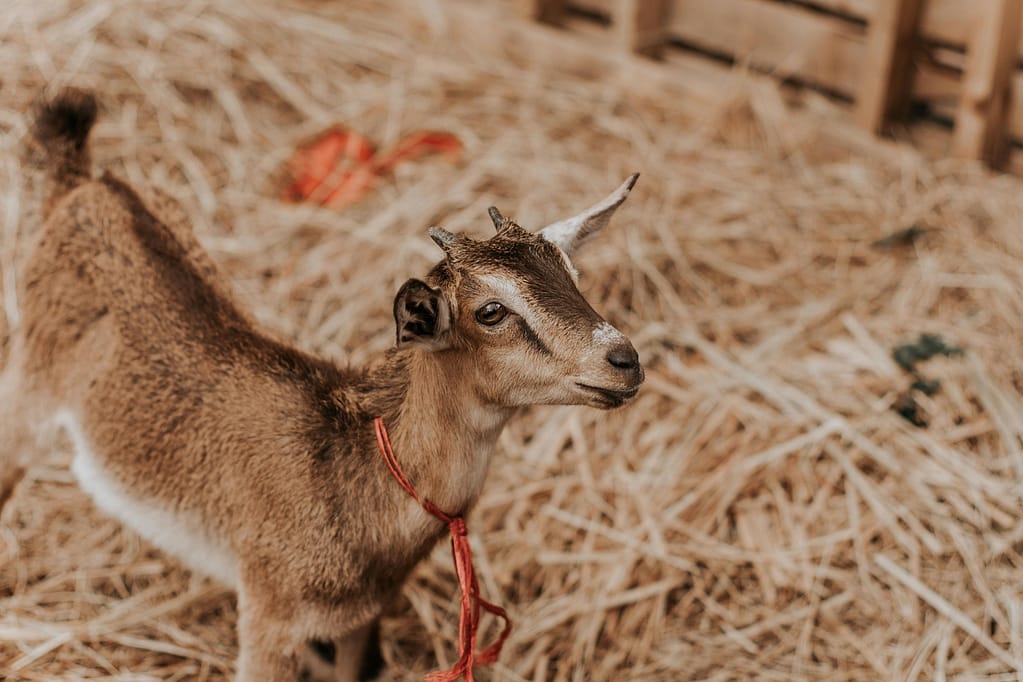The Bible’s command “Do not boil a young goat in its mother’s milk” appears in Exodus 23:19, Exodus 34:26, and Deuteronomy 14:21. Its meaning is debated, but there are a few commonly discussed interpretations:
- Cultural Context: In ancient cultures, including Canaanite practices, boiling a young goat in its mother’s milk was likely seen as a pagan fertility ritual. This act may have symbolized a form of sympathetic magic aimed at ensuring agricultural success or prosperity. By or forbidding this practice, the Bible may have been discouraging Israelites from participating in or adopting these rituals.
- Ethical or Humane Concern: Another interpretation suggests that the law was meant to be a prohibition against cruelty to animals. Boiling a young animal in the milk of its mother could be seen as a symbol of unnatural and callous treatment, which might have been considered inhumane.
- Separation of Life: Some scholars suggest that the prohibition may reflect a symbolic message about the separation of life and death, or the sacredness of both the mother and its offspring. By prohibiting such an act, it might reinforce the idea of respecting the natural order and life cycles.
- An Idiom about First Fruits: Given the context of the phrase placement in both the Exodus and Deuteronomy verses, this phrase interestingly follows verses about first fruit offerings. Each time! It really seems to enforce the idea of bringing the Lord the newest, first, and best of your offerings, without mixing in last year’s old, stale seed. See the examples below: “The best of the firstfruits of your ground you shall bring into the house of the Lord your God. You shall not boil a young goat in its mother’s milk.” Exodus 23:19
“The best of the firstfruits of your ground you shall bring to the house of the Lord your God. You shall not boil a young goat in its mother’s milk.” Exodus 34:26 “You shall not eat anything that has died naturally. You may give it to the sojourner who is within your towns, that he may eat it, or you may sell it to a foreigner. For you are a people holy to the Lord your God. You shall not boil a young goat in its mother’s milk. You shall tithe all the yield of your seed that comes from the field year by year.” Deuteronomy 14:21-22
While the exact reason behind the command may not be entirely clear, it may have been a law intended to distinguish the Israelites from other cultures, promote ethical behavior, maintain a reverence for life and nature, and reinforce the practice of bringing the best to God.
While all the potential explanations make sense, I am a firm believer in following context clues in these ancient texts. I am really compelled by explanation number 4, the idea that this phrase may be an idiom referencing the concept of bringing God your best, newest in an offering, with none of the old seed mixed in from last year, which would reduce its value. Bring God your best! He is worthy!
Thanks for reading! For further study, check out 7 prayers Jesus asks us to pray or How are we the salt of the earth?





